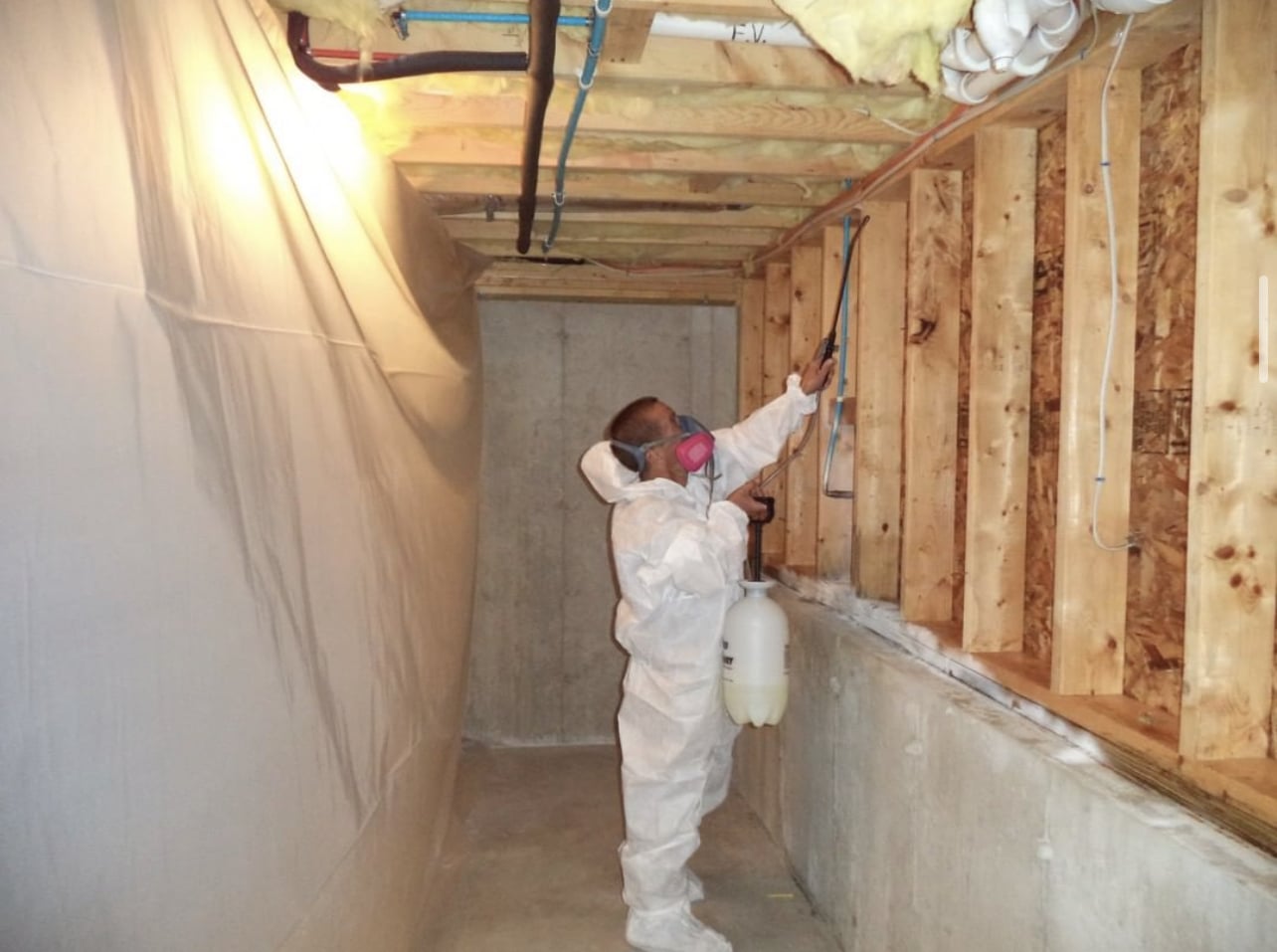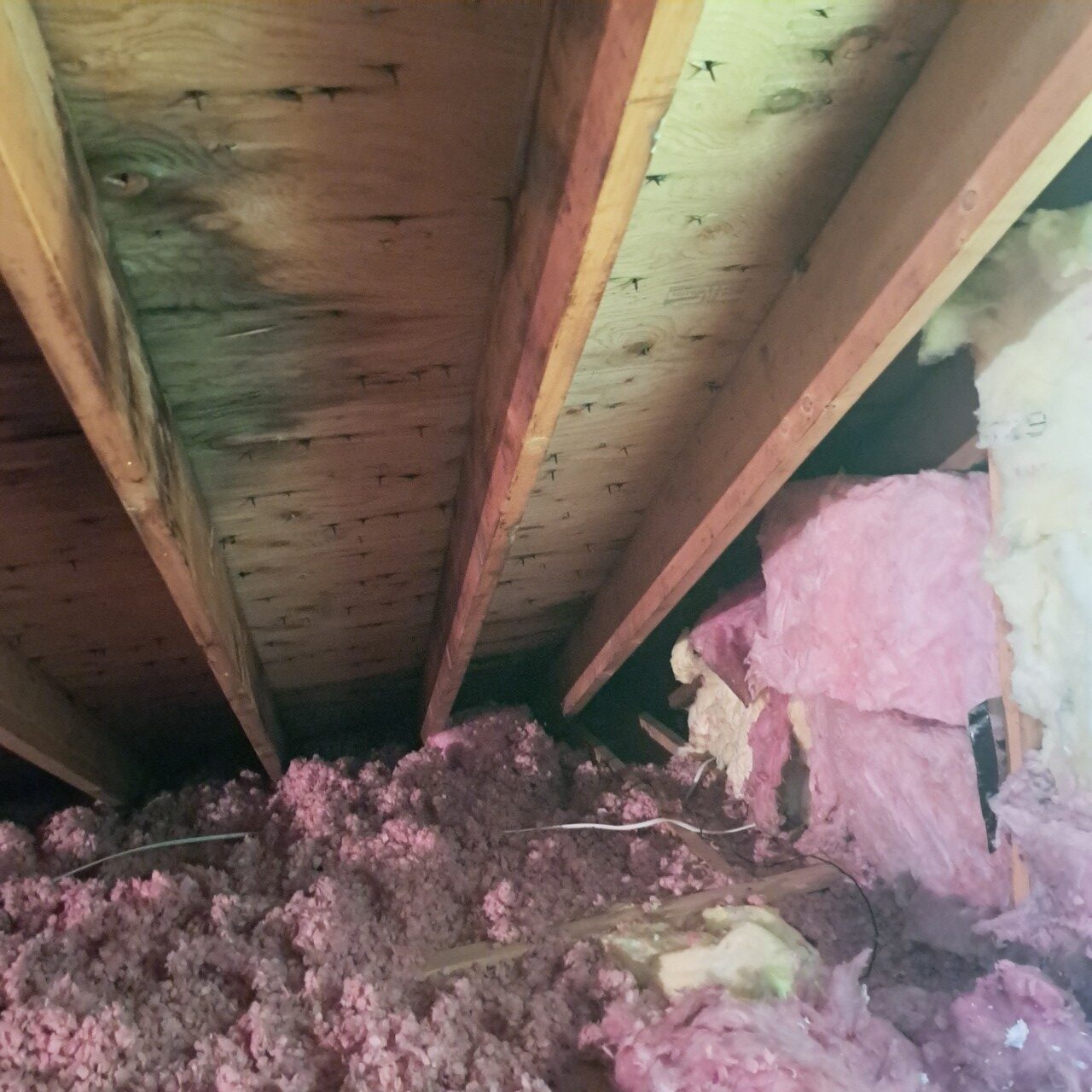Don’t Let Mold Take Over: The Essential Guide to Mold Testing in Your Home

At Aspen Duct Cleaning, we are dedicated to providing you with valuable insights and practical solutions to help you maintain a safe and healthy living environment. In this article, we will delve into the various aspects of mold growth, the role of moisture, and the steps you can take to prevent and address mold issues effectively.
The Dangers of Mold
Mold is a type of fungus that thrives in damp environments and reproduces through airborne spores. While some molds are harmless, others can pose serious health risks and cause damage to your property. Exposure to mold spores can lead to allergic reactions, respiratory problems, and even trigger asthma attacks, particularly in individuals with pre-existing conditions. It's crucial to address mold growth promptly to mitigate these health risks.
Understanding Mold Growth
Mold growth is influenced by several factors, with moisture being the primary catalyst. Mold spores are present everywhere in the environment, but they require moisture and a suitable organic material to flourish. When these conditions are met, mold can quickly grow and spread within your home. Common sources of moisture that contribute to mold growth include:
- Leaks: Plumbing leaks, roof leaks, or any other form of water intrusion can create the perfect breeding ground for mold.
- High Humidity: Areas with high humidity levels, such as bathrooms, basements, and laundry rooms, are particularly susceptible to mold growth.
- Condensation: Poor ventilation or temperature differentials can cause condensation to form on windows, walls, or other surfaces, providing moisture for mold to thrive.
The Impact of Mold on Your Home
Beyond the health risks associated with mold exposure, it can also cause structural damage and negatively impact the indoor air quality of your home. Mold can deteriorate building materials, such as drywall, wood, and insulation, leading to costly repairs. Additionally, the musty odor associated with mold can be unpleasant and difficult to eliminate without addressing the underlying cause.

Preventing Mold Growth
Preventing mold growth requires a proactive approach to moisture control and regular maintenance. Here are some effective strategies to keep mold at bay:
- Ensure Proper Ventilation: Proper ventilation plays a vital role in reducing moisture levels and preventing mold growth. Install exhaust fans in kitchens, bathrooms, and other areas prone to moisture. Ensure that your clothes dryer is vented to the outside and not into the attic or crawl space.
- Address Water Intrusion Issues: Promptly address any leaks or water intrusion problems in your home. Regularly inspect your roof for signs of damage and have plumbing leaks repaired immediately. Addressing these issues early on can prevent moisture buildup and subsequent mold growth.
- Control Indoor Humidity: Maintaining appropriate indoor humidity levels can significantly inhibit mold growth. Use dehumidifiers in areas with high humidity, such as basements, and ensure that your HVAC system is functioning correctly, providing adequate airflow and humidity control.
- Improve Air Circulation: Proper air circulation helps prevent stagnant areas where moisture can accumulate. Use fans, open windows when weather permits, and ensure that furniture and belongings are not blocking vents or airflow.
- Regular Cleaning and Maintenance: Regularly clean and inspect areas prone to moisture, such as bathrooms and kitchens. Pay special attention to areas where water tends to accumulate, such as around sinks, showers, and toilets. Promptly address any signs of mold growth or water damage.
Responding to Mold Issues
Despite taking preventive measures, mold issues can still arise in homes. If you suspect mold growth or notice any signs, it's essential to respond promptly and effectively. Here are the steps you can take:
- Identify the Source: Determine the source of moisture that is contributing to mold growth. This could be a leak, condensation, or high humidity. Addressing the underlying cause is crucial to prevent further mold development.
- Professional Assessment: Consider hiring a professional mold inspector to evaluate the extent of the mold problem and provide recommendations for remediation. They will identify affected areas and help formulate an effective plan of action.
- Mold Remediation: If mold growth is extensive or poses health risks, professional mold remediation may be necessary. Trained experts will safely remove the mold, clean and sanitize the affected areas, and take measures to prevent future growth.
- Preventive Measures: Once mold remediation is complete, implement preventive measures to avoid recurrence. This includes addressing moisture issues, improving ventilation, and maintaining proper humidity levels.
Mold growth and moisture-related issues can have detrimental effects on your home and health. By understanding the causes and implementing preventive measures, you can create a mold-resistant environment. Remember to stay vigilant, promptly address any signs of mold growth, and seek professional assistance when necessary.
Mold Testing Services in the Greater Boston Area
Take the first step towards a healthier home! If you're interested in a complimentary in-home inspection and estimate for mold testing in Methuen or the broader Greater Boston area, please schedule an appointment with Aspen Air Duct Cleaning. Feel free to contact us at (978) 681-5024 to get started today.
